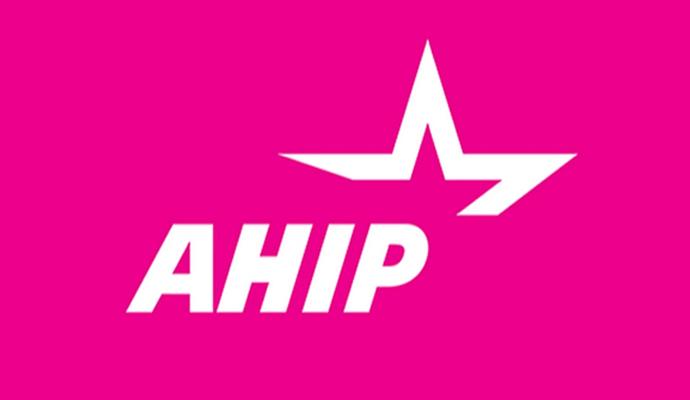Out-of-Network Price Gouging Still Plagues Coronavirus Testing
Price gouging of coronavirus tests has increased since the beginning of the pandemic, AHIP found.

Source: AHIP Logo
- Price gouging of coronavirus tests continues to drive healthcare spending higher as out-of-network providers charge up to three times the actual cost of the test, according to recent data from AHIP.
The study observed price gouging trends in antigen, antibody, and diagnostic coronavirus tests.
“As the nation continues to address the pandemic, affordable testing is key to reducing the spread of COVID-19,” Jeanette Thornton, senior vice president of product, employer, and commercial policy at AHIP, said in the press release.
“COVID-19 testing price gouging threatens the progress we are making against this deadly virus, and we urge the Administration, Congress, and policymakers to take deliberate steps to ensure testing is accessible and affordable for all Americans.”
Price gouging is defined as the practice of entities such as retailers raising prices on a necessary product during a crisis when the need surges.
According to AHIP’s data, over half of all coronavirus tests available in the private payer market (54 percent) cost $185 or more—36 percent cost $185 to $259, 11 percent cost $260 to $389, and the remaining seven percent cost $390 or more.
The data proves that, instead of diminishing, the problem has intensified from April 2020 to March 2021. The share of providers charging $185 or more for coronavirus testing has increased 12 percent over the course of the pandemic.
In 2020, it came to light that out-of-network providers were engaging in price gouging for coronavirus tests, charging up to triple what the coronavirus test actually costs.
Out-of-network providers continue to be the main driver for higher coronavirus testing costs, even more so than they were at the beginning of the pandemic, according to AHIP. In March 2021, 27 percent of out-of-network coronavirus tests were delivered by out-of-network providers, six percent more than in April to June 2020.
That being said, while the overall trajectory increased, the share of providers charging the highest price bracket of $390 or more decreased from 12 percent to seven percent from April 2020 to March 2021.
Additionally, the percentage of providers charging high prices for coronavirus testing ($185 or more) declined from December 2020 to March 2021. In December 2020, the share of providers with high prices for COVID-19 testing reached its peak at 57 percent. From there, it dropped to 54 percent by March 2021.
Moreover, the share of coronavirus tests delivered at high-cost care sites—specifically hospitals and emergency departments—has dropped significantly from the beginning of the pandemic.
In the first quarter of the pandemic, nearly one out of every five coronavirus tests (18 percent) were delivered at high-cost care sites. In the fourth quarter of the pandemic, however, five percent of the tests were delivered in high-cost environments.
The payer organization made three recommendations for how to stop price gouging practices.
First, AHIP suggested that Congress establish a benchmark for out-of-network coronavirus testing for the duration of the public health emergency, echoing the organization’s recommendations from its joint statement with Blue Cross Blue Shield Association (BCBSA) in December 2020.
Second, there should be greater availability of rapid tests that are more cost-effective. Most recently, CMS released guidelines in order to make coronavirus tests more available. However, the guidance caused some experts to predict higher coronavirus testing rates and, as a result, higher coronavirus test spending for payers.
Finally, regulators should establish quality measures to help guarantee that coronavirus tests are accurate, especially as coronavirus testing techniques continue to evolve.
Some pharmaceutical companies have been developing self-testing coronavirus test kits. For example, Abbott and Walgreen have launched a pilot program that sends self-testing kits to individuals on a weekly basis for free.
